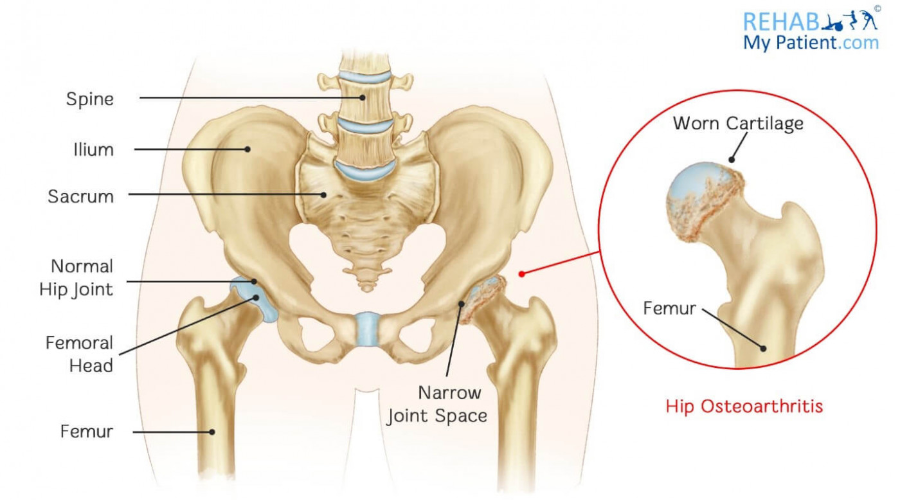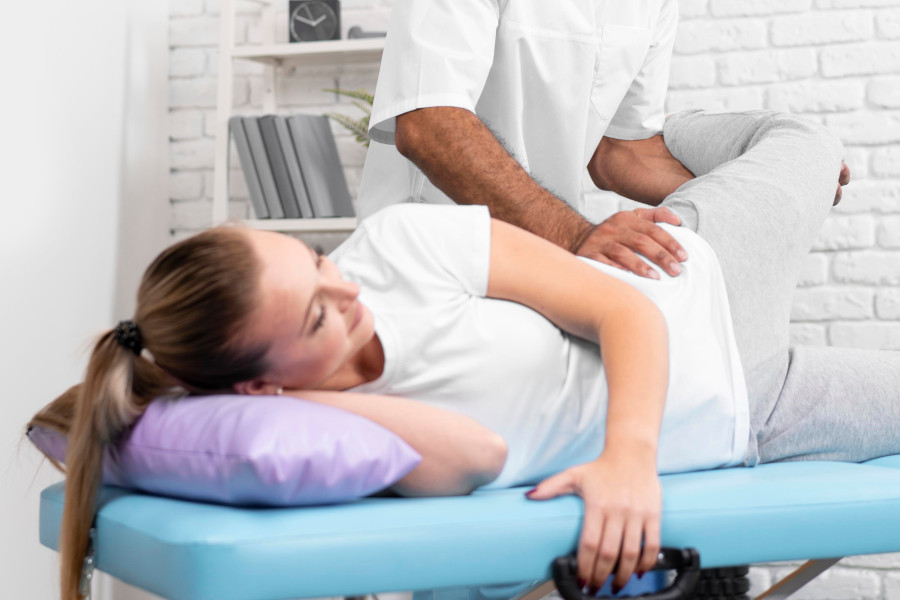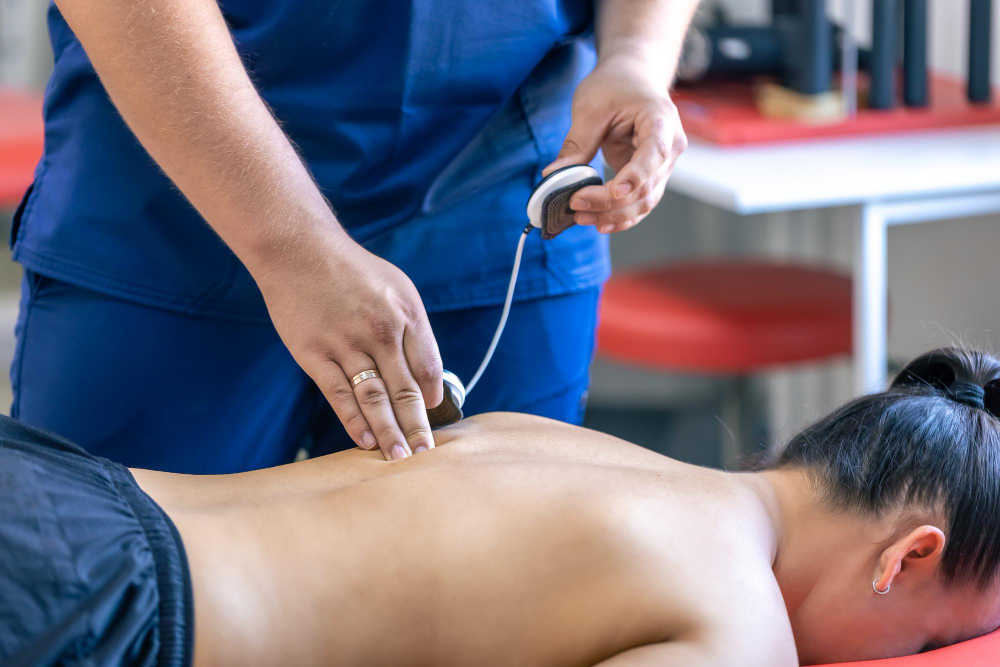Have you ever heard or experienced a pop, click, or snap in your hip, when walking or getting up from a chair? Snapping Hip Syndrome (SHS), or ‘dancer’s hip’ is a common issue. Approximately 5-10% of the population is affected by SHS with the majority experiencing it painlessly. What causes your hip to snap, should you be worried and what can be done to alleviate the problem?
What causes my hip to click?
Snapping Hip Syndrome is caused by your hip tendon or muscle, sliding over bone, such as the hip joint or femur. As the muscle stretches, it creates tension which when released, causes the characteristic snapping sensation and popping noise.
How many types of Snapping Hip Syndrome are there?
There are three main types of snapping hip syndrome, each with differing causes and symptoms:
Internal
Occurring when your tendons slide over bone structures at the front of your hip joint. Usually, internal SHS has a gradual onset, with a painful sensation coming from deep within the anterior groin.
External
When your tendon or muscle slides over bone at the top of your thigh bone, or femur. It may feel as though your hip is dislocating.
Intra-articular
Caused by a hip injury or traumatic event. Unlike internal or external SHS, intra-articular SHS is not caused by a muscle or tendon.

What are the symptoms of Snapping Hip Syndrome?
Apart from the snapping sound, from which SHS gets its name, what are other symptoms? Pain or inflammation or swelling in the hip region can occur. The feeling of muscle weakness when lifting your leg forwards or sideways, or difficulties with walking or rising from a chair. Sometimes it can feel as though your hip is coming out of place.
Is Snapping Hip Syndrome a problem?
For most people, SHS is simply an annoyance, however if the condition develops it can cause both pain and weakness, which can impact function and mobility. As SHS is typically caused by overuse of the hip, those people who participate in regular hip flexes and extensions may be more at risk. Dancers, footballers, gymnasts, and athletes are more likely to suffer from SHS and have their performance impacted by it.
Can Snapping Hip Syndrome be treated?
The good news is research shows that In most cases, conservative treatment, including rest, anti-inflammatory medication and osteopathy, provide good results, with surgery only being required for more extreme cases. Osteopathy is very effective for treating mild to moderate cases of SHS, providing both stretching and range-of-movement therapy. Surgery is required infrequently and as a last resort, when conservative treatments have not proved to be fully effective.

How can Carl Todd Clinics help?
If you think you might have Snapping Hip Syndrome, then we would be pleased to discuss how we can fully diagnose the condition, identify the causal issues, and put together an effective treatment plan. Our qualified osteopaths are fully trained in SHS, so please get in contact with us. We look forward to hearing from you.





